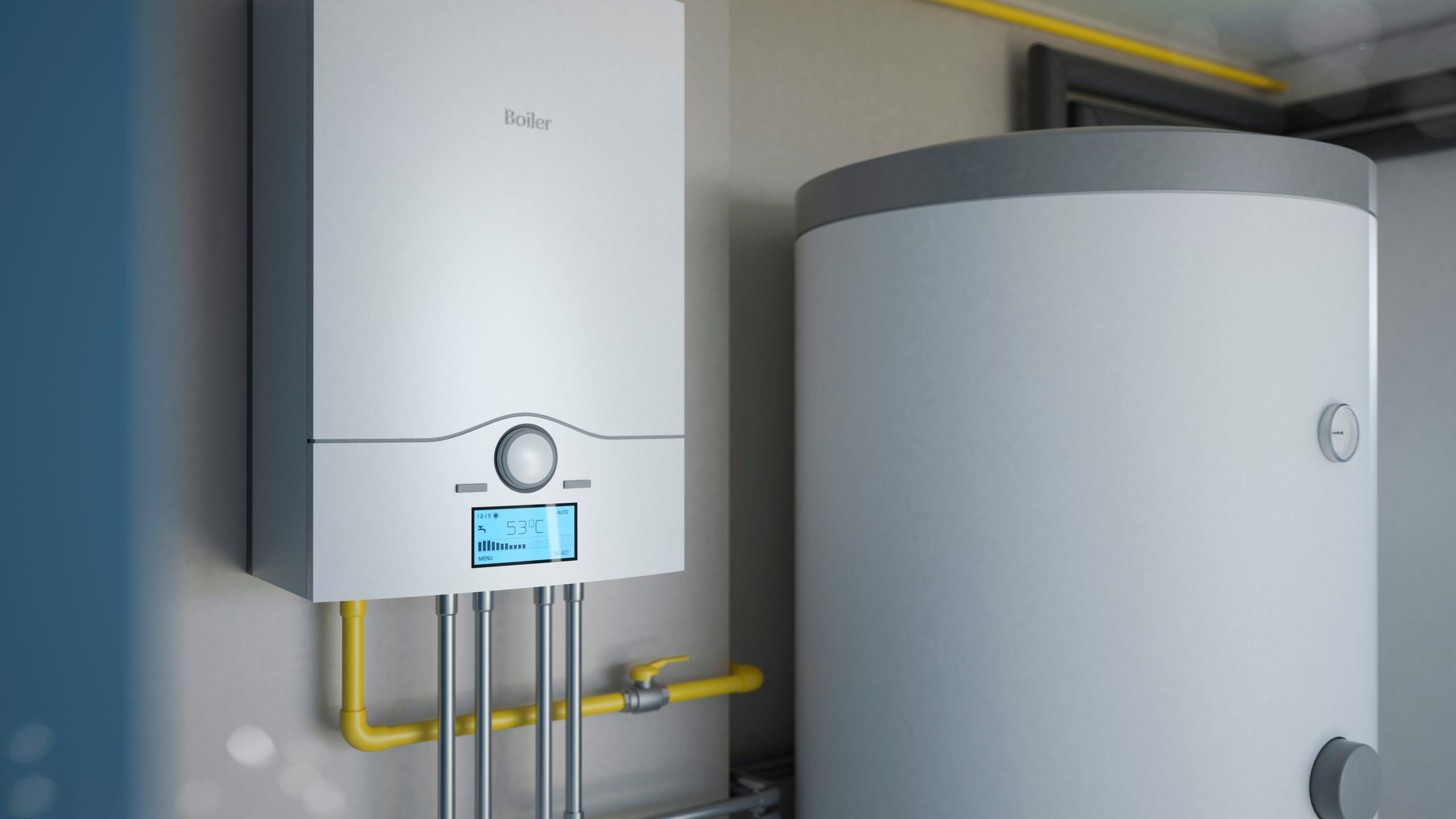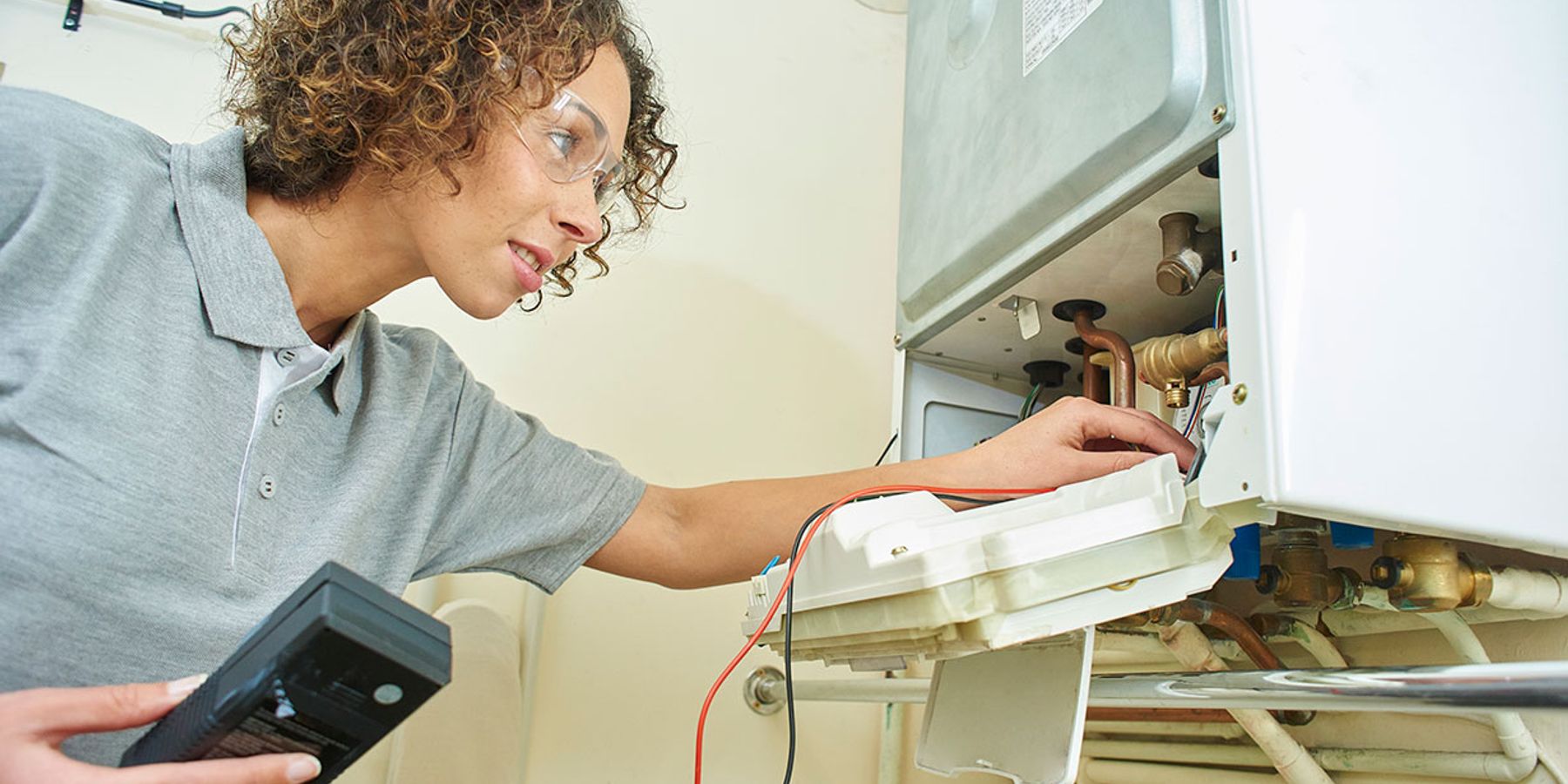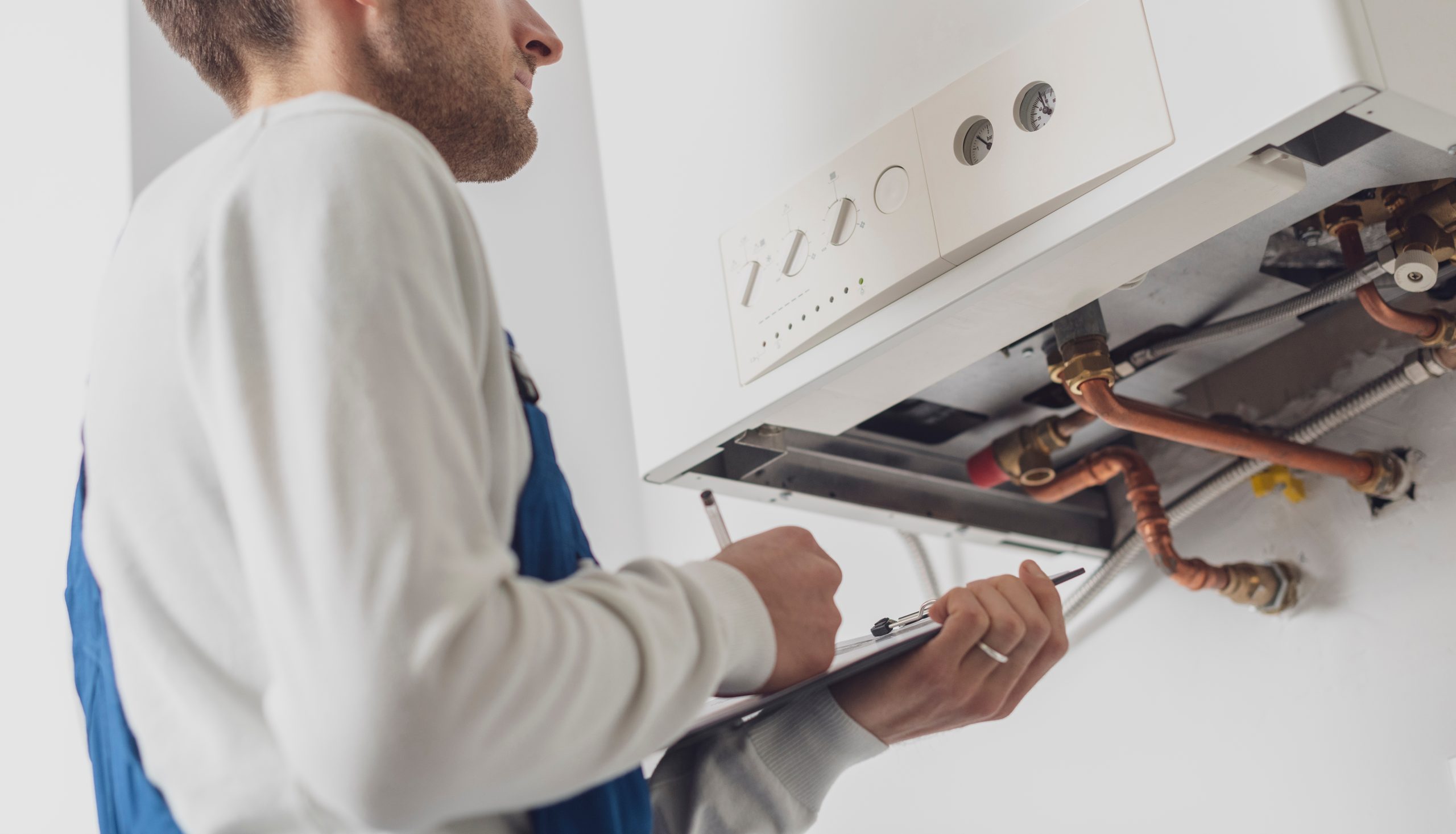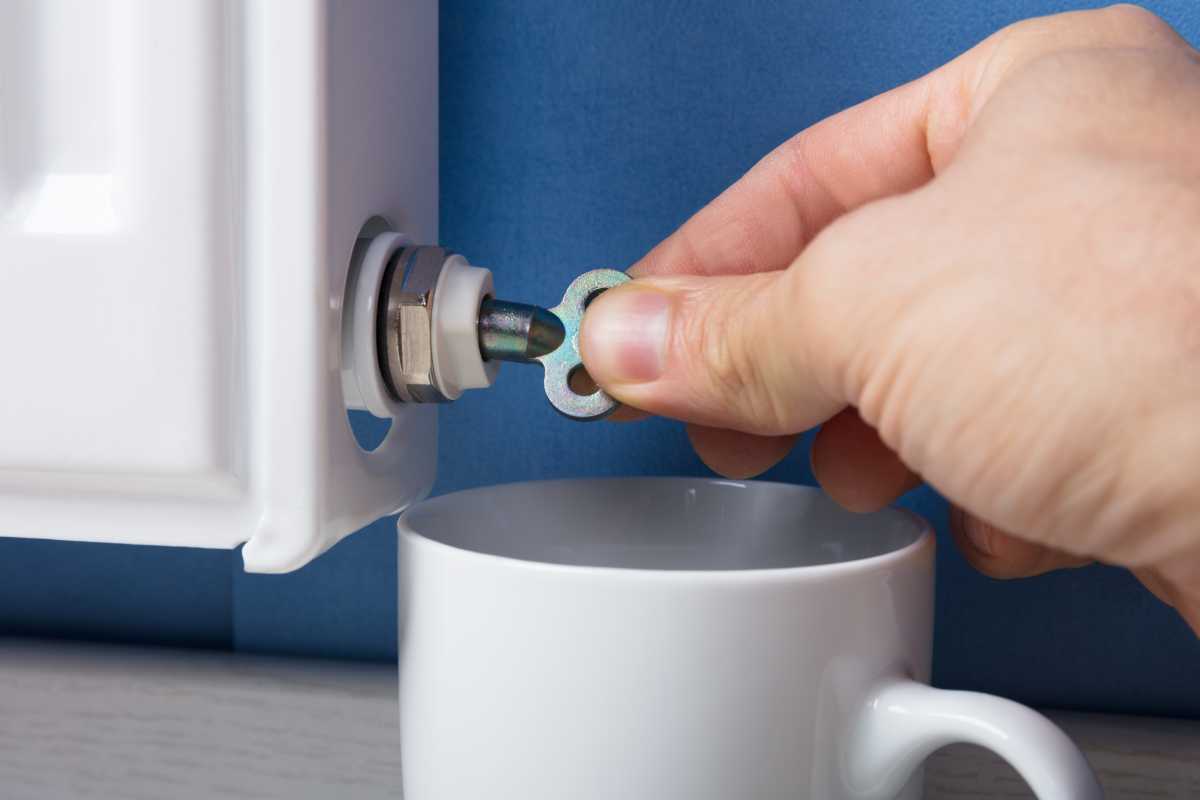What to do if your boiler is leaking
What to do if your boiler is leaking
Boilers have many areas that can experience water leaks in the event that a seal, valve or pipe is faulty. It can be very stressful as you try to react quickly to stop it.
It is important to know what to do if you are faced with this problem as the sooner you act on it, the less damage that the water can do to the boiler internally such as components rusting or electrical parts such as the PCB shorting, which can be expensive to repair.
If your boiler is leaking from underneath, have a look at the source of the leak. This is important in order to try stop the leak. If it’s a heavy leak, this should be easier to spot than a dripping leak. You can feel around the pipe work if you cannot the source to find out where its most wet.
The main cause of a water leak is corroded, or incorrectly fitted pipes. If your boiler has been recently installed, you can expect to rule out corrosion so have a look at the pipes joints as it means they haven’t been fitted correctly, however if the boiler has been installed years ago, then it likely is corrosion that has broken down your pipework. If you do have any of these leaks, you will need to attempt to reduce the damage it causes by putting a bucket and towels around it and call out a gas safe registered engineer to repair this, as this isn’t something you can repair yourself.
High boiler pressure
Another cause of the boiler leaking is if the boiler pressure is too high. This is when there is too much water in the boiler system and the pressure release valve works to remove the excess water, however if this fails and doesn’t work as its intended, this will result in a leaking boiler. If you suspect the high pressure maybe be the source of the problem, you can get hands on yourself.
Firstly, check the pressure gauge for your boiler, and ensure the pin is sitting on the green section, which is usually in between 1 – 1.5 bars. If the pin is above this, that means your boiler is over pressurised and needs adjusting. If you are not sure how to do this, you can check out our other article which explains how to do this in further detail. Next, you’ll need to close your filling loop tap which is located underneath your boiler, and will look like a silver pipe with one or two taps. This can vary between boilers.
Make sure both taps are closed. After this, you’ll need to bleed your radiator, so grab a radiator key and a bucket to catch any water and loosen the nut at the end of the radiator to release any excess water in the system.

Faulty seals
If the boiler is not leaking from underneath, then it’s an internal leak. It could be the gas of a faulty seal, which can sometimes be caused by an over pressurised boiler or typical wear and tear. You can check for internal leaks but should not touch anything as this is a competent gas safe engineer to work on, but the sooner we know the problem, the quicker the problem can be resolved which can reduce the amount of damage caused, as a heavy leak could cause substantial rust issues which can lead to expensive repairs or even lead it to beyond economic repair.
Faulty heat exchanger
Another problem that may cause your boiler to leak is a faulty heat exchanger. If this is the case, it is more or less the worse possible outcome. The reason for this is that the part is expensive and a lot of the time the access to the heat exchanger is bad so many parts are required to be removed just to get to it, so most of the time, you are better off replacing the boiler with a new and more efficient one for the long run then replacing your existing one.
This fault isn’t one that you would be able to find or even repair yourself, it’s something that a gas engineer would need to have a look at. Remember, we do not cover heat exchanges on any of our policies, so expect the worse, and if it’s not the heat exchange, it will be a cheap fix instead which would be good news!
Leaking overflow pipe
You may have a leak from your boiler overflow pipe from outside your house rather than your boiler itself, which usually suggests a problem with the float valve. this is something that can be replaced by yourself if you know what you’re doing, however if not, then it would be recommended to call out a plumber to complete the repairs for complete peace of mind.
Is a boiler leak an emergency?
If your boiler is heavily leaking from the bottom of the casing, the water has most likely reached electrical parts and damaging them, which are going to be costly. You should keep a distance to ensure that you are safe and call a gas safe engineer to carry out the necessary repairs to repair your boiler.
Remember, the quicker you are able to identify and stop the boiler leak, the more likely it is that you will be able to save your boiler, reduce the amount of work that may be needed to repair your boiler, and get your boiler up and running quicker.
Get protected with our boiler cover
Save yourself the trouble of a leaking boiler with our range of boiler covers that you can trust to come out quickly and with zero hassle to repair your boiler in the event of a fault. If you have a fault already with your boiler and do not have boiler cover, head over to ‘request a repair’ on the top right hand side to get your boiler repaired with a fixed fee today.
Still having issues?
Enjoy a peace of mind experience of getting your boiler up and running again with our fixed-fee repair – complete with a plan of your choice


